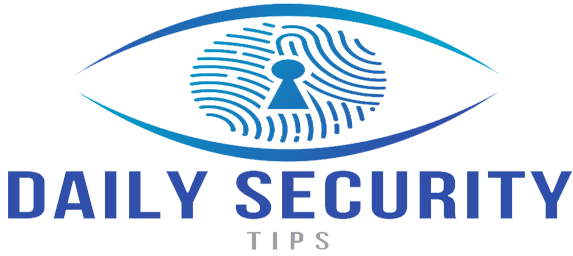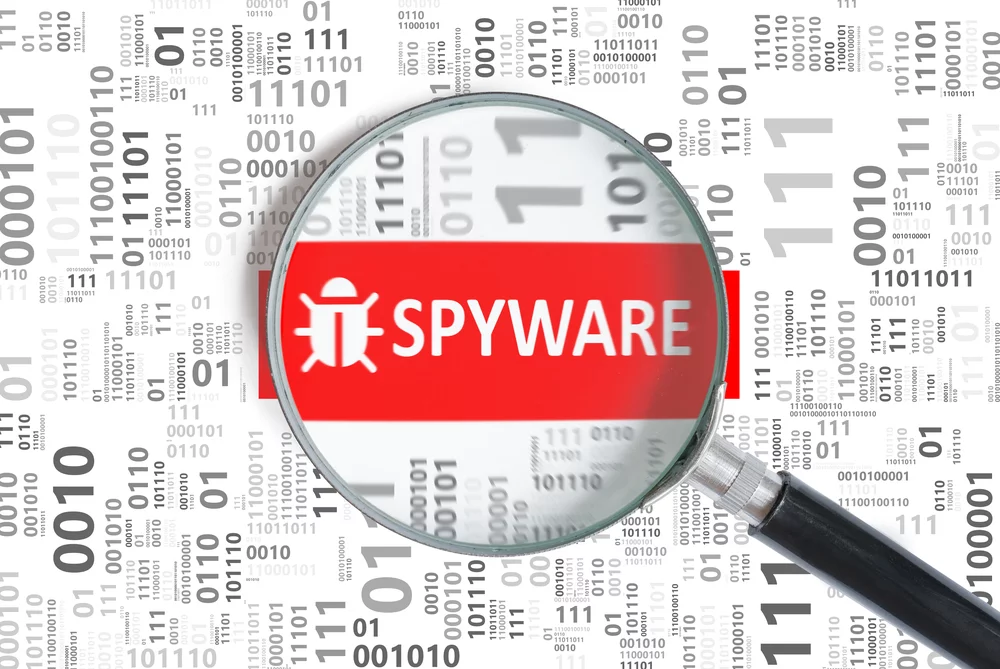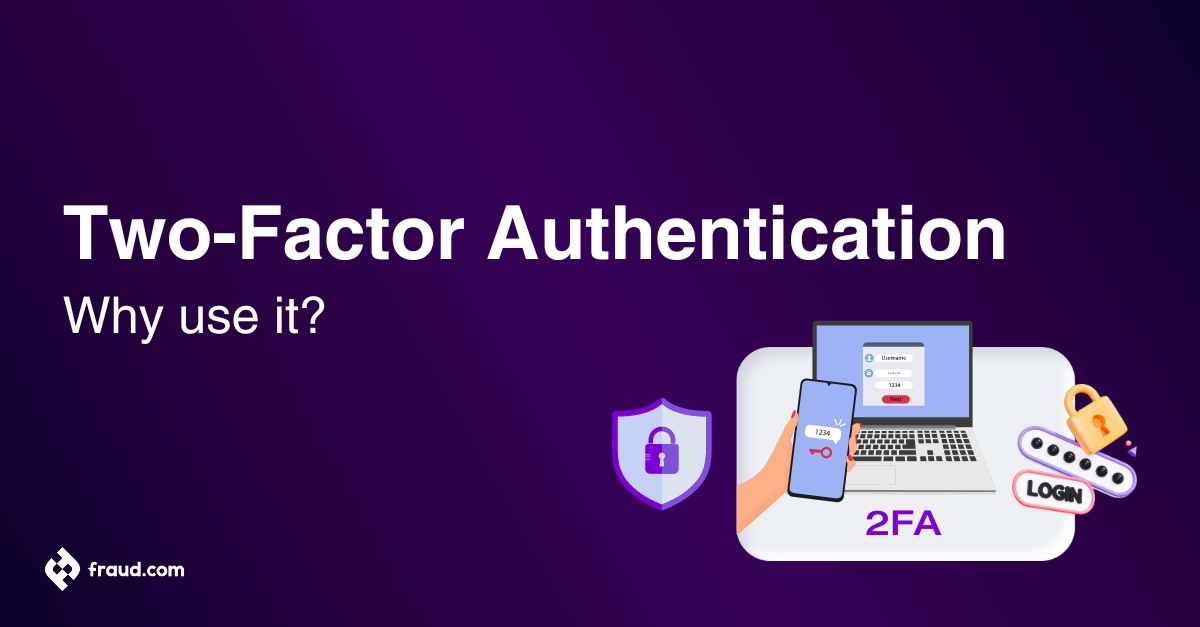In today’s digital age, the internet is an integral part of our lives. We use it for everything from shopping to socializing, but this convenience comes with a price. Our personal information is more vulnerable than ever. Identity theft can happen in the blink of an eye, and the consequences can be devastating. Protecting your identity online has never been more critical. With just a few simple steps, you can safeguard yourself against potential threats lurking in cyberspace. Let’s dive into how you can secure your digital life and keep those hackers at bay!
The Importance of Protecting Your Identity Online
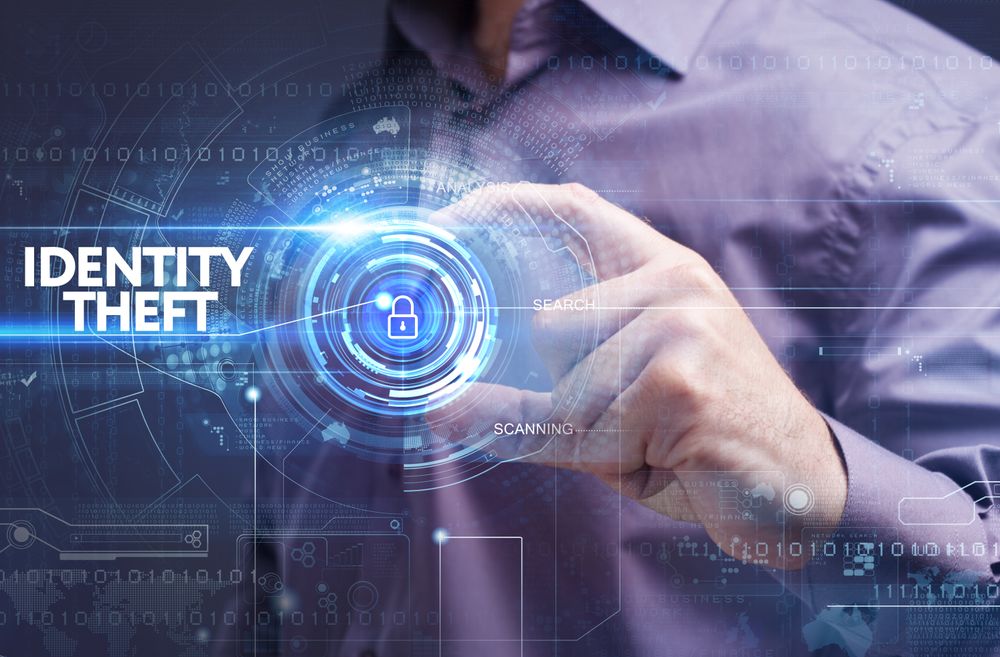
Our identities are the keys to our lives. They unlock access to our finances, personal relationships, and sensitive information. With so much of this data online, it’s vital to understand the risks involved.
When you share details about yourself on social media or e-commerce sites, you may unknowingly expose yourself to threats. Cybercriminals can exploit even minor pieces of information for malicious purposes.
Protecting your identity online isn’t just about safeguarding financial assets; it’s also about maintaining your privacy and reputation. Once your information is compromised, it can take years to recover completely.
Moreover, identity theft has a far-reaching impact that extends beyond monetary losses. It can lead to emotional distress and long-term consequences that affect various aspects of life—job prospects included.
Staying vigilant in protecting your digital footprint ensures that you maintain control over your personal narrative in an increasingly connected world.
Common Methods Used by Hackers to Steal Identities
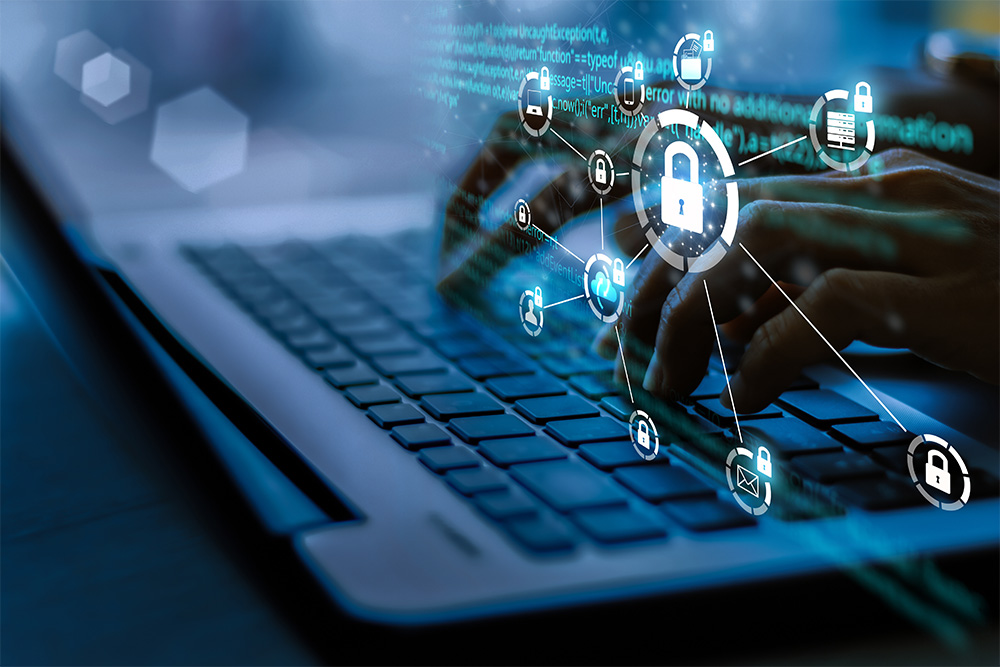
Hackers employ a variety of tactics to steal identities. One common method is phishing, where they send fraudulent emails that appear legitimate. These messages often prompt users to click on malicious links or provide personal information.
Another technique involves malware. This software can be unknowingly downloaded through compromised websites or email attachments. Once installed, it can capture keystrokes and gather sensitive data without the victim’s knowledge.
Social engineering is also prevalent. Hackers manipulate individuals into revealing confidential information by impersonating trusted figures or organizations.
Data breaches represent another significant threat. When companies experience security failures, vast amounts of user data can be exposed and sold on the dark web.
Understanding these methods helps in recognizing potential threats and taking proactive measures against them. Awareness is crucial in safeguarding your identity online.
How to Create Strong and Secure Passwords
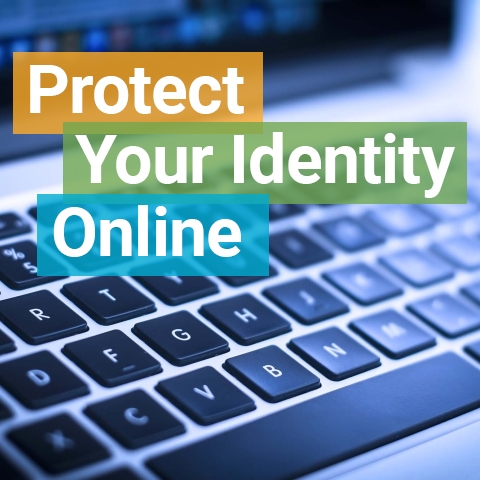
Creating strong and secure passwords is essential for protecting your identity online. A good password should be at least 12 characters long, combining uppercase letters, lowercase letters, numbers, and special symbols.
Avoid using easily guessable information like birthdays or names of pets. Instead, think creatively—consider phrases from songs or books that resonate with you but are not widely known. You can even use a passphrase by stringing together random words to make it memorable.
Regularly updating your passwords adds another layer of security. If you suspect any breach, change them immediately.
Consider using a password manager to store complex passwords securely. This tool generates unique passwords for each account while keeping everything organized in one place.
Never reuse old passwords across different accounts; this practice significantly increases vulnerability if one gets compromised. Prioritize crafting strong passwords—they’re the first line of defense against identity theft.
Utilizing Two-Factor Authentication for Added Security
Two-factor authentication (2FA) adds an extra layer of security that goes beyond just a password. It requires something you know—like your password—and something you have, such as a smartphone app or a text message code.
This dual approach makes it significantly harder for hackers to gain unauthorized access. Even if they manage to steal your password, they still need the second factor to break in.
Setting up 2FA is often straightforward. Most online services offer this feature, and enabling it typically takes just minutes. You’ll be prompted to enter a code each time you log in from an unrecognized device.
Consider using authenticator apps instead of SMS codes for even greater protection. Apps like Google Authenticator or Authy generate time-sensitive codes that are more challenging for cybercriminals to intercept.
Embracing two-factor authentication means being proactive about your digital safety. It’s a simple step with profound implications for protecting your identity online.
Tips for Safely Sharing Personal Information Online
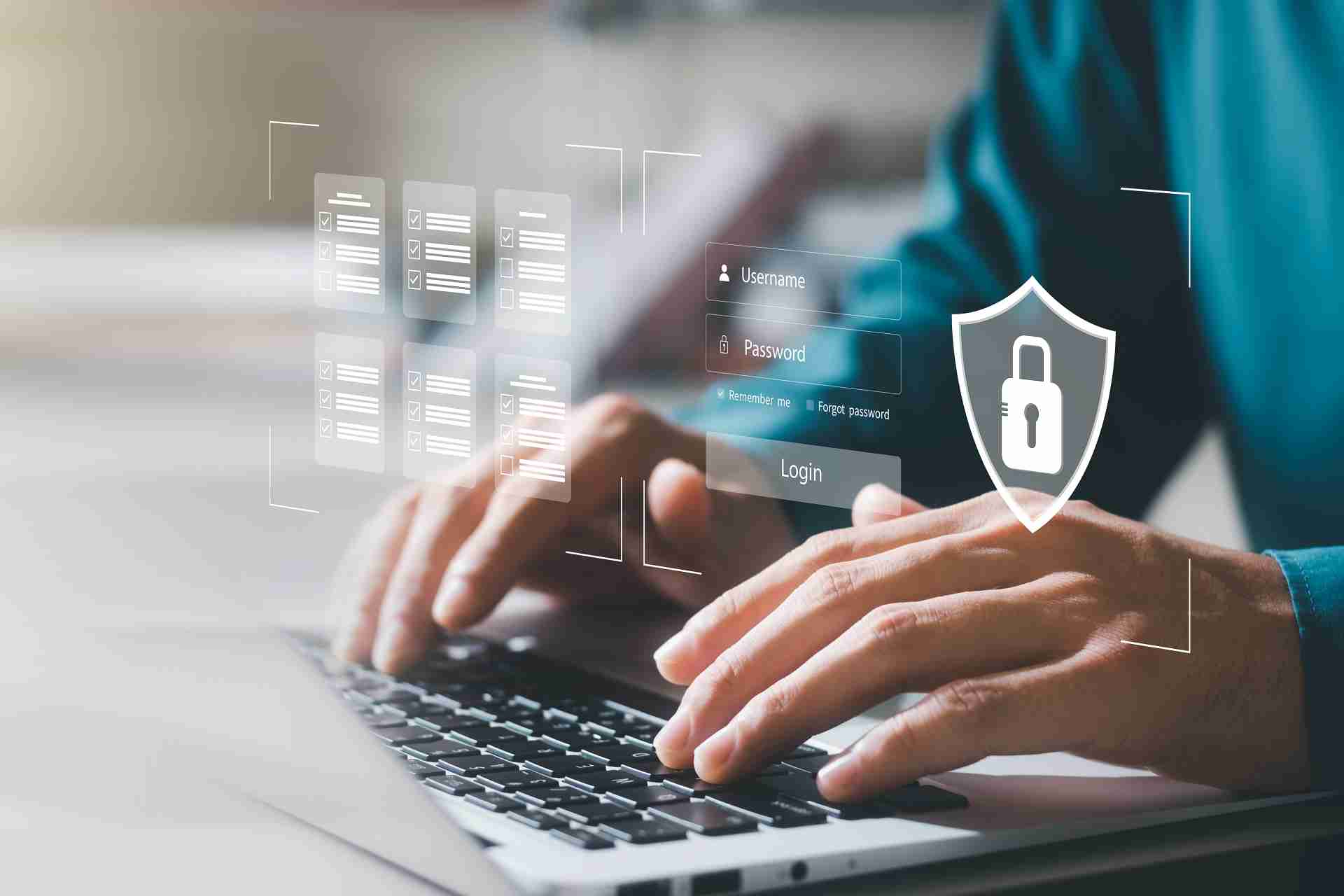
When sharing personal information online, always think twice. Limit the details you provide on social media profiles. Consider what can be seen by strangers.
Use privacy settings to control who sees your posts and data. Make sure friends or followers are trustworthy before sharing anything sensitive.
Verify websites before entering any personal information. Look for secure URLs that start with “https://” to ensure a safe connection.
Avoid discussing sensitive topics in public forums or group chats where anyone could eavesdrop.
If you’re unsure about a request for personal info, don’t hesitate to ask questions or seek clarification from the requester. It’s better to be cautious than regretful later.
Remember, once something is shared online, it may never truly disappear. Always double-check what you’re comfortable making public before hitting send or submit.
The Dangers of Public Wi-Fi and How to Stay Protected
Public Wi-Fi networks can feel convenient, especially in cafes, airports, or libraries. However, these open connections pose significant risks to your online identity.
Hackers often lurk on public networks, ready to intercept data transmitted over them. Even simple tasks like checking email can expose you to threats.
Using a VPN is one of the best ways to safeguard yourself while using public Wi-Fi. A Virtual Private Network encrypts your internet connection, making it harder for anyone else to see what you’re doing online.
Additionally, avoid accessing sensitive accounts such as banking services when connected to public networks. If possible, stick with secure websites that use HTTPS encryption for added safety.
Always forget the network after use and disable automatic connections on your devices. This will ensure you don’t inadvertently connect again without thinking twice about security measures.
Conclusion: Taking Action to Protect Your Identity Online
Taking action to protect your identity online is essential in today’s digital landscape. With the rise of cyber threats, it’s crucial to be proactive rather than reactive. Start by evaluating your current online practices and identifying areas that need improvement.
Utilize strong passwords for all accounts and consider a password manager if keeping track seems daunting. Activate two-factor authentication wherever possible; this adds an extra layer of security that can thwart unauthorized access attempts.
Be mindful when sharing personal information on social media or other platforms. Always question whether it’s necessary to disclose details like your birthdate or address, as even seemingly harmless information can be pieced together by malicious actors.
Additionally, steer clear of public Wi-Fi networks for sensitive transactions unless you’re using a reliable VPN service that encrypts your data. This simple step can significantly reduce the risk of being monitored while accessing secure sites.
By staying informed and practicing these strategies, you’ll take significant strides toward securing your identity online. Your vigilance matters—protecting yourself is not just a precaution but a necessity in our interconnected world.
